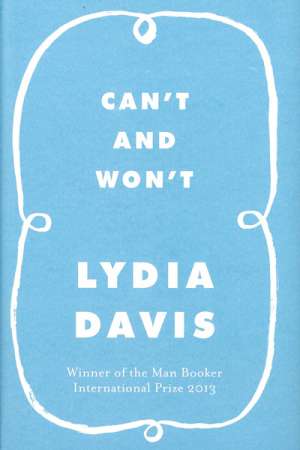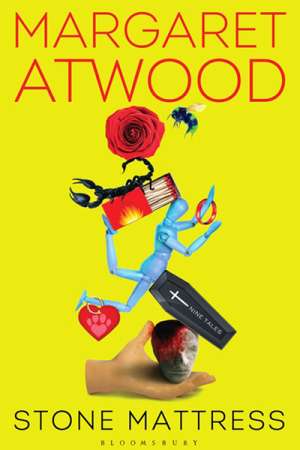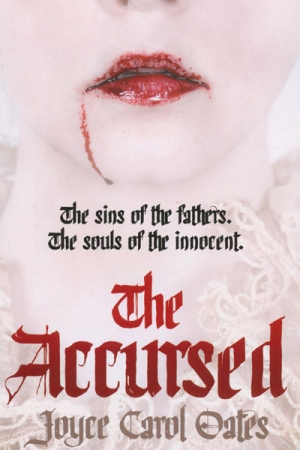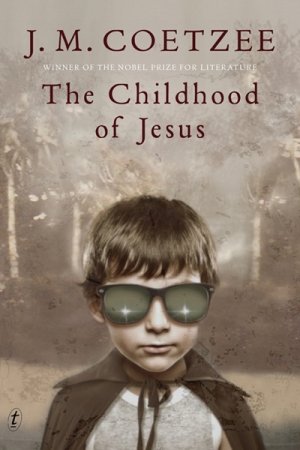Morag Fraser
Reading Australia: 'Journey to the Stone Country' by Alex Miller
There is no recommended apprenticeship for writers. Nor are there any prescribed personal or professional qualifications. Hermits, obsessives, insurance clerks, customs officers, women who embroider, men who write letters, public servants, soldiers, drunks, provincial doctors and gulag inmates have all become great writers. How? A mystery. But avidity – about the ...
Book reviewing and its provocateurs: 'What single development would most improve the Australian critical culture?'
Last month in Melbourne, a group of book reviewers and literary editors took part in a conference organised by Monash University’s Centre for the Book. There were more than thirty short papers, or ‘provocations’, as they were styled. Our Editor lamented the low or non-payment of some reviewers ( ...
Reading Lydia Davis’s stories is akin to getting new glasses – or glasses for the first time. Suddenly the world shifts into sharp, bright focus. Disturbing. Disorienting. What you see, or understand, won’t necessarily gladden your heart. It may pique it, but you may not want to be brought so close to life, to the poignancy of it all. Not at first, anyway.
Davis seems to think so too. Or she plays at thinking so. ‘Oh, we writers may think we invent too much – but reality is worse every time!’ she says, at the end of a perfect fourteen-line narrative (called ‘The Funeral’) translated from Flaubert.
... (read more)Handel’s Messiah (Royal Melbourne Philharmonic Choir and Orchestra)
The huge Town Hall crowd who surged to their feet to applaud – and go on applauding – the Royal Melbourne Philharmonic’s twilight performance of Messiah did not do so ‘like sheep’, nor like a last-night-at-the-Proms booster crowd. Their gesture had more in common with King George II’s reputed rising in glad awe for the Hallelujah Chorus during t ...
Books of the Year is always one our most popular features. Find out what our 41 contributors liked most this year – and why.
... (read more)One swallow doesn’t make a summer, as the stark proverb cautions, but a cockatoo flocking of short stories suggests that the form is perhaps enjoying a revival – and the publishing industry has seized an opportunity. As it should.
In 2013, Alice Munro won the Nobel Prize for literature, lauded as ‘the master of the contemporary short story’. Edna O’Brien’s The Love Object appeared in 2013. New collections by luminaries Hilary Mantel (The Assassination of Margaret Thatcher) and Margaret Atwood have followed in 2014. And for aficionados of the form, there was the splendid brick (733 pages) of collected stories by the quirky American virtuoso of the form, Lydia Davis (do read her – she’s extraordinary), anticipating a trend when it was published by Picador in 2009.
... (read more)Morag Fraser reviews 'Country Girl' and 'The Love Object' by Edna O'Brien
In the 1960s she was deemed an Irish Jezebel. After the publication of her début novel, The Country Girls (1960), the local postmistress told her father that a fitting punishment would be for her to be kicked naked through the town.
... (read more)Indiana’s State Route 67 is a highway straight out of Alfred Hitchcock, an open-skied strip through flat country, bordered by desultory malls, a ‘drive-thru’ Taco Bill, a county jail and sheriff’s department, a pedimented Walgreens and – most intriguing – the Mooresville ‘Lost Inn Motel’, and the ‘Lost Name Steak-house and Saloon’. (Google r ...
If, hardy reader, you make it through the 667 pages of Joyce Carol Oates’s The Accursed, you will see, on page 669, that she prefaces her acknowledgments with this gnomic utterance: ‘The truths of Fiction reside in metaphor; but metaphor is here generated by History.’
... (read more)Morag Fraser reviews 'The Childhood of Jesus' by J.M. Coetzee and 'The Round House' by Louise Erdrich
‘What is chaos?’ asks the unnerving child at the centre of J.M. Coetzee’s new parable-novel, The Childhood of Jesus. ‘I told you the other day,’ replies the child’s guardian. ‘Chaos is when there is no order, no laws to hold on to. Chaos is just things whirling around.’
Louise Erdrich’s The Round House begins with ...





